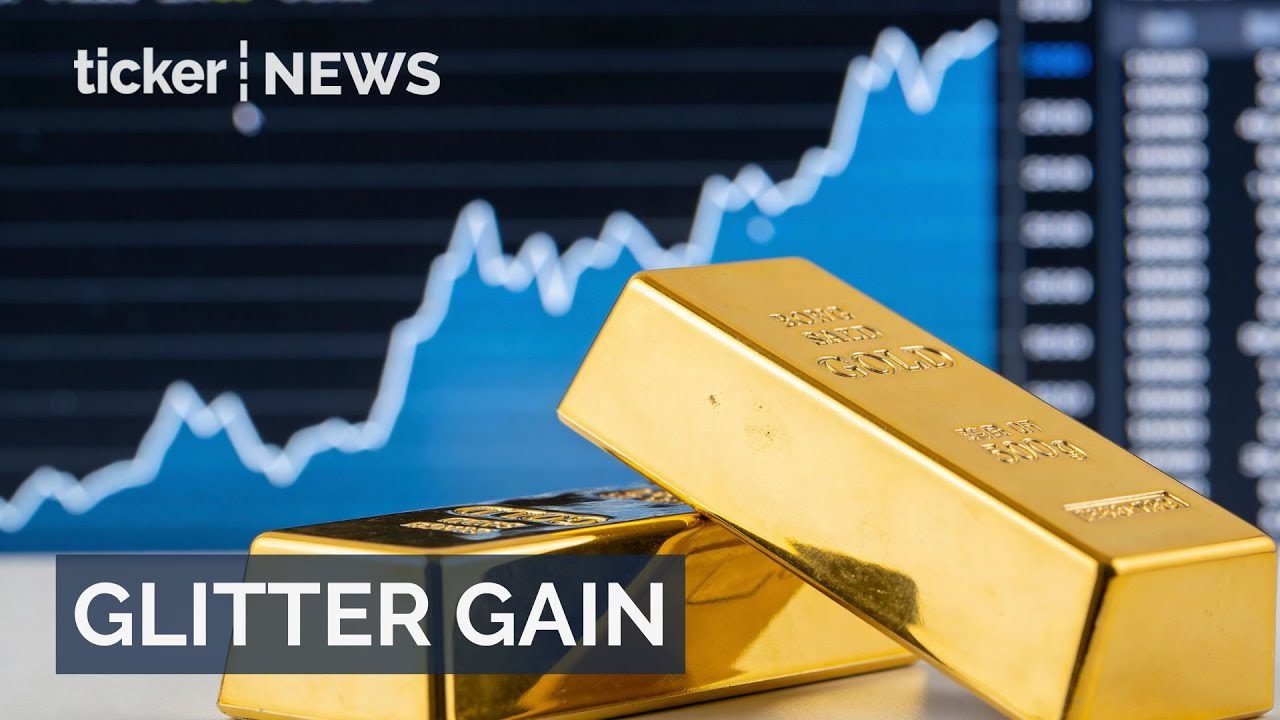Money
Tesla’s solution to the global chip shortage
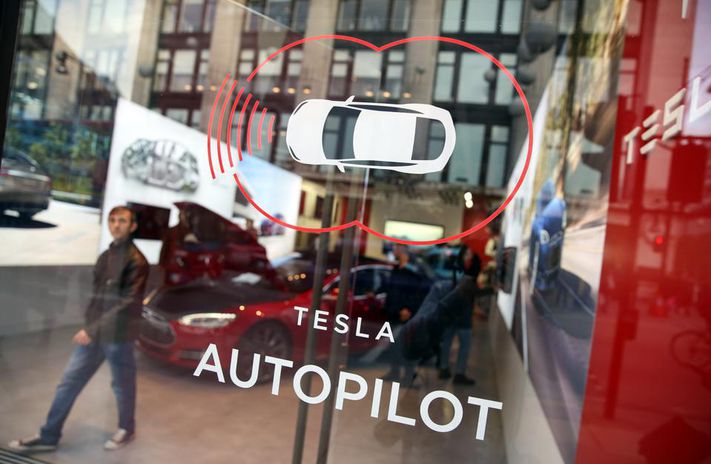
Money
Markets tumble as Trump tariffs, Greenland rhetoric and Europe backlash collide
U.S. stocks plummet over 800 points amid renewed tariff threats and political tensions from Trump, sparking global trade concerns.
Money
Gold hits record highs as investors flee risk
Gold surges amid global uncertainty, with February futures rising 1.71% to $4,674.20 per ounce, signaling safe-haven demand.
Money
Markets edge higher as 10-year yields hit new highs
Major stock indices rise slightly; 10-year Treasury yield hits 4.23% amid Fed Chair speculation, affecting small and mega-cap stocks.
-

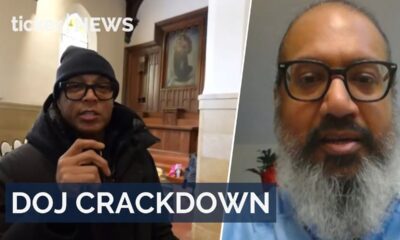

 Ticker Views2 days ago
Ticker Views2 days agoDOJ to charge Don Lemon under historic KKK Act
-



 Money3 days ago
Money3 days agoMarkets edge higher as 10-year yields hit new highs
-



 News2 days ago
News2 days agoOpenAI prepares first consumer device amid revenue boom
-

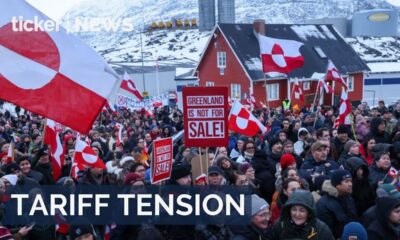

 News3 days ago
News3 days agoEU condemns Trump’s Greenland tariff threats: Trade tensions escalate
-



 News3 days ago
News3 days agoNASA’s Artemis II launch: Argentina joins first crewed moon mission in 50 years
-

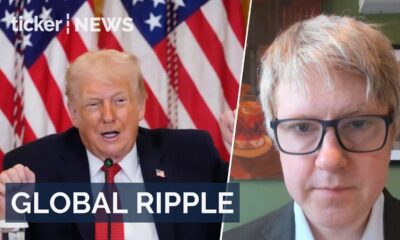

 Politics3 days ago
Politics3 days agoSupreme Court tariffs and Albanese approval drop: What you need to know
-



 Ticker Views3 days ago
Ticker Views3 days agoWhy traditional flood warnings keep failing
-



 News3 days ago
News3 days agoIran warns U.S. retaliation as protest death toll soars — executions feared, nationwide unrest





